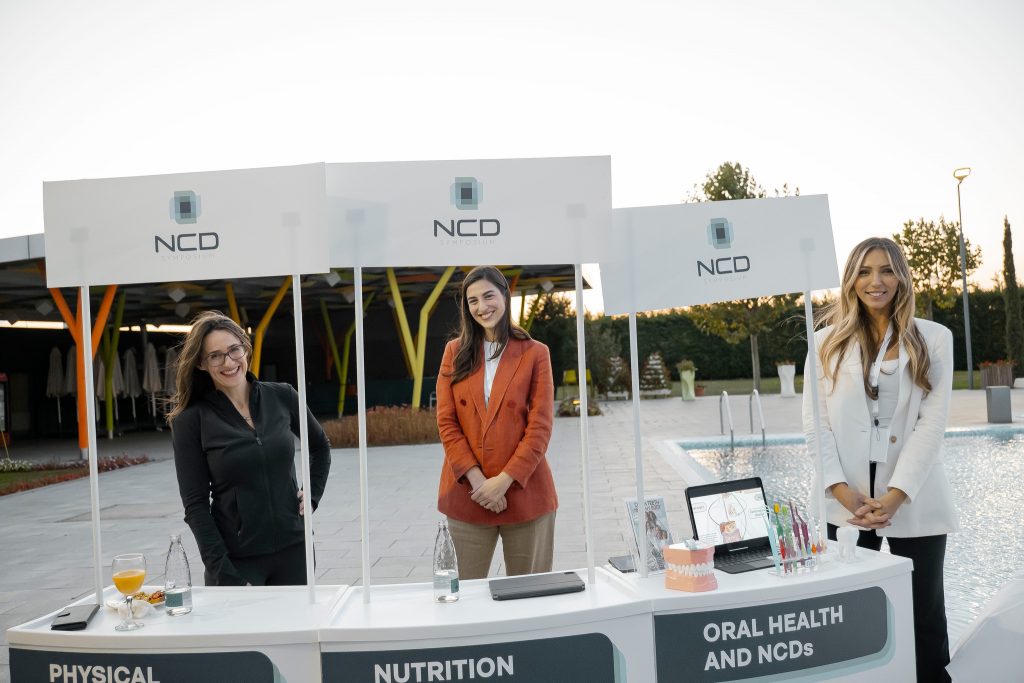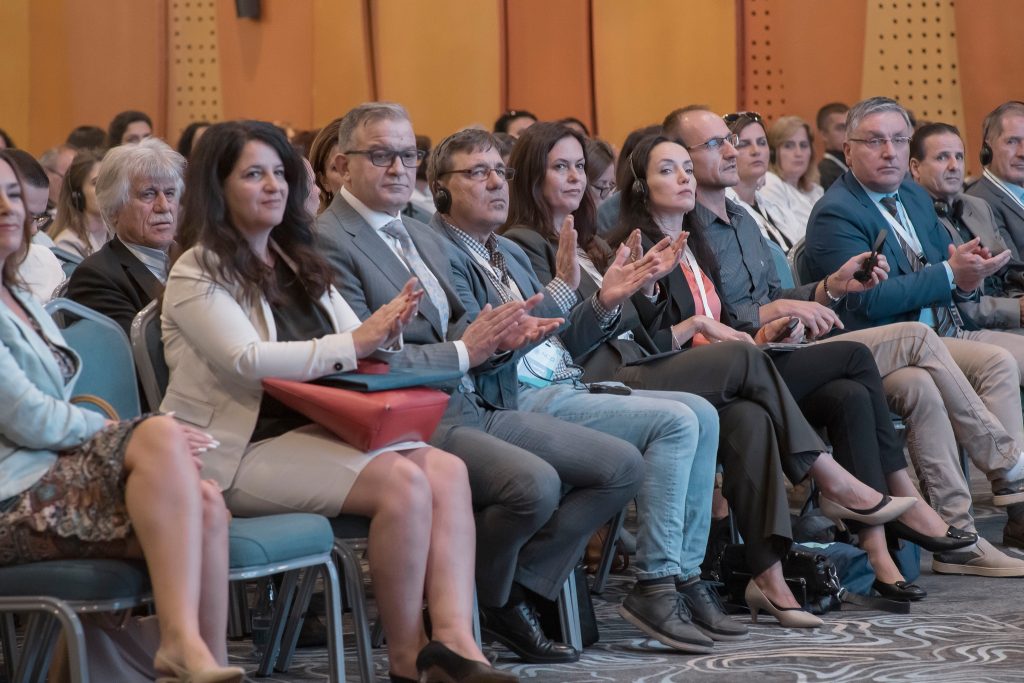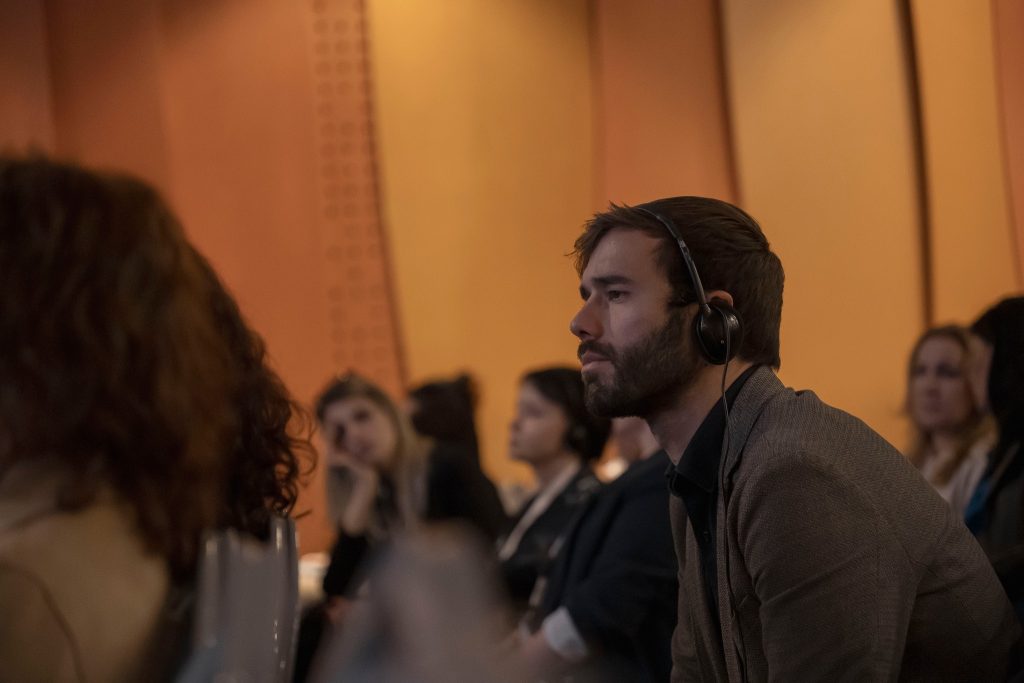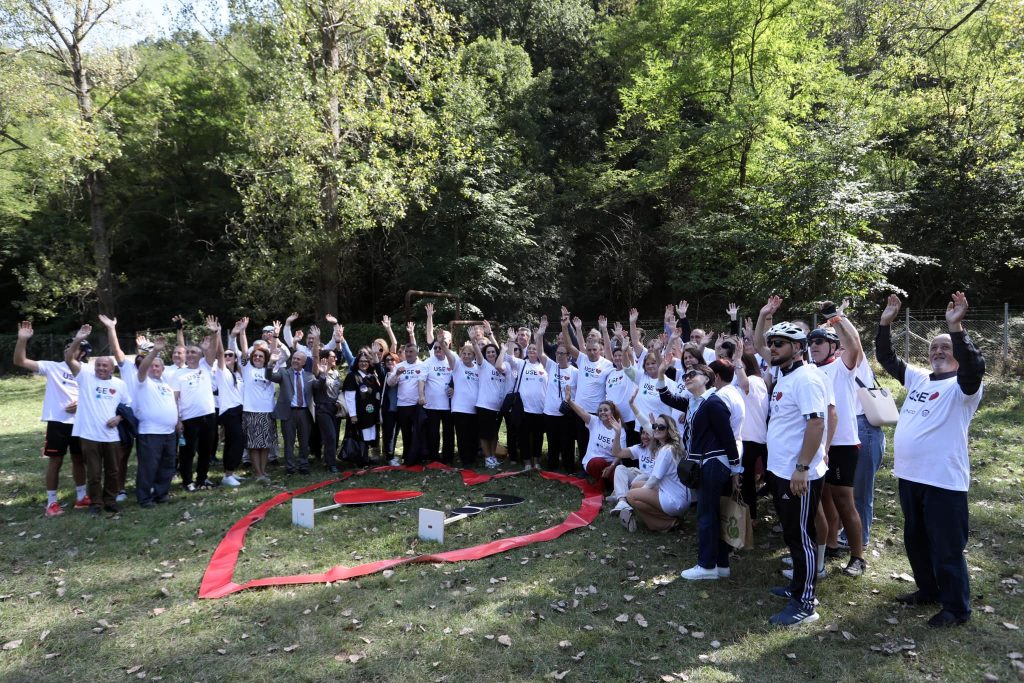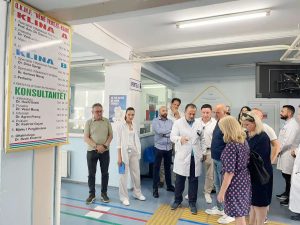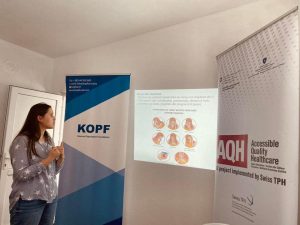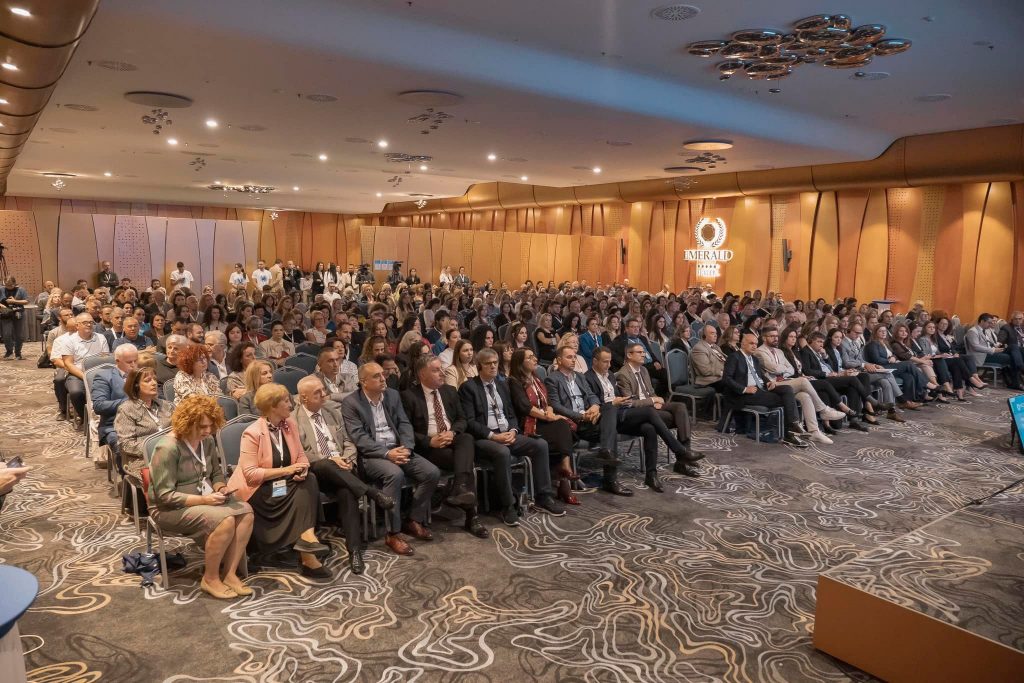
In September 2023, the International Symposium on Non-Communicable Diseases (NCDs) held in Kosovo played a crucial role in the ongoing fight against these health challenges. Dr. Jana Gerold, Project Leader at Swiss TPH, shared her thoughts on the symposium’s success, saying, “It was truly inspiring to see how the various sessions discussed policies, introduced new clinical practices, presented exciting research results, and highlighted differing strategies for women and men in NCD prevention and care management.”
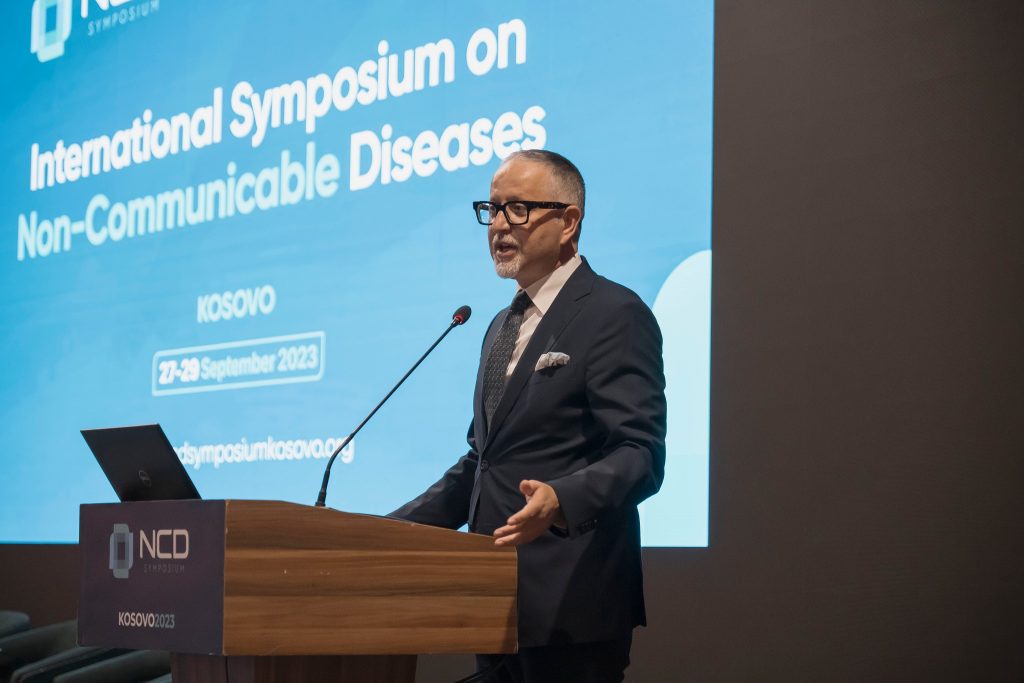
Hosted by the Ministry of Health (MoH) and the National Institute of Public Health in Kosovo (NIPHK), the symposium brought together experts, decision-makers, researchers, practitioners, and thought leaders from Kosovo, the Balkans, Europe, and beyond. It served as a hub for sharing best practices and advancing the understanding of NCDs, featuring renowned speakers from organizations like the NCD Alliance, World Heart Federation, World Diabetes Foundation, and European Cancer Organisation.
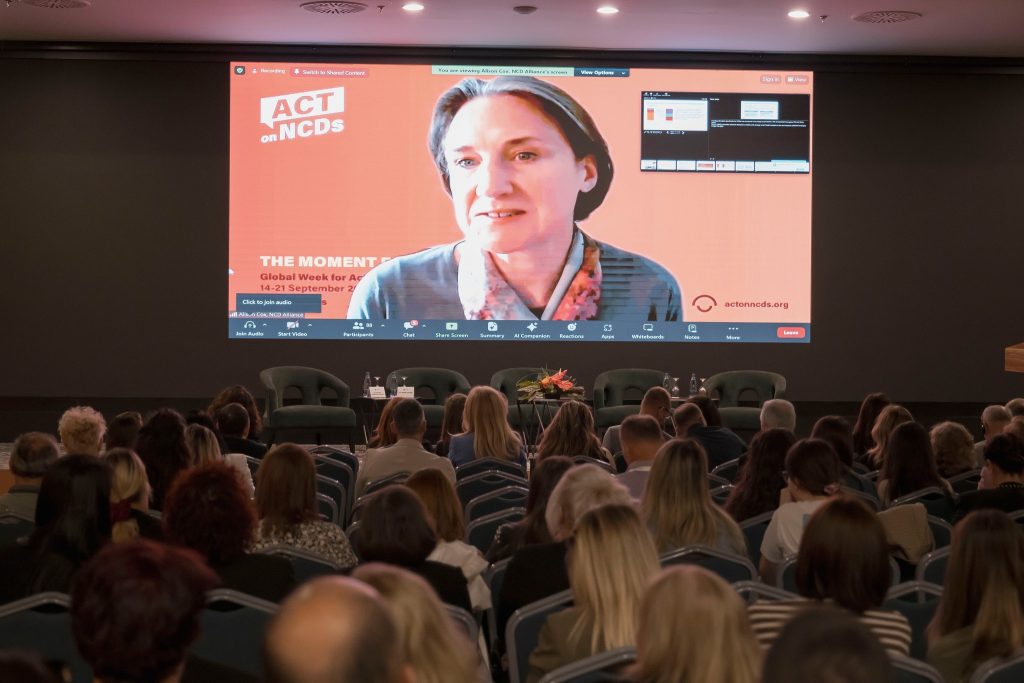
Dr. Flora Miftari-Basholli from NIPHK, Head of the Symposium Working Group, highlighted the symposium’s role in developing the action plan for NCDs in Kosovo. The event aimed to provide a platform for exchanging best practices, presenting the National Action Plan for NCDs 2023-2025 in Kosovo, and offering sustainable recommendations for managing these diseases. Mr. Vlorian Molliqaj, a participant and public health expert, praised the symposium as a rewarding experience. He emphasized the well-organized event adhering to international standards, providing a crucial platform for Kosovar healthcare professionals and public health experts to engage with international counterparts.
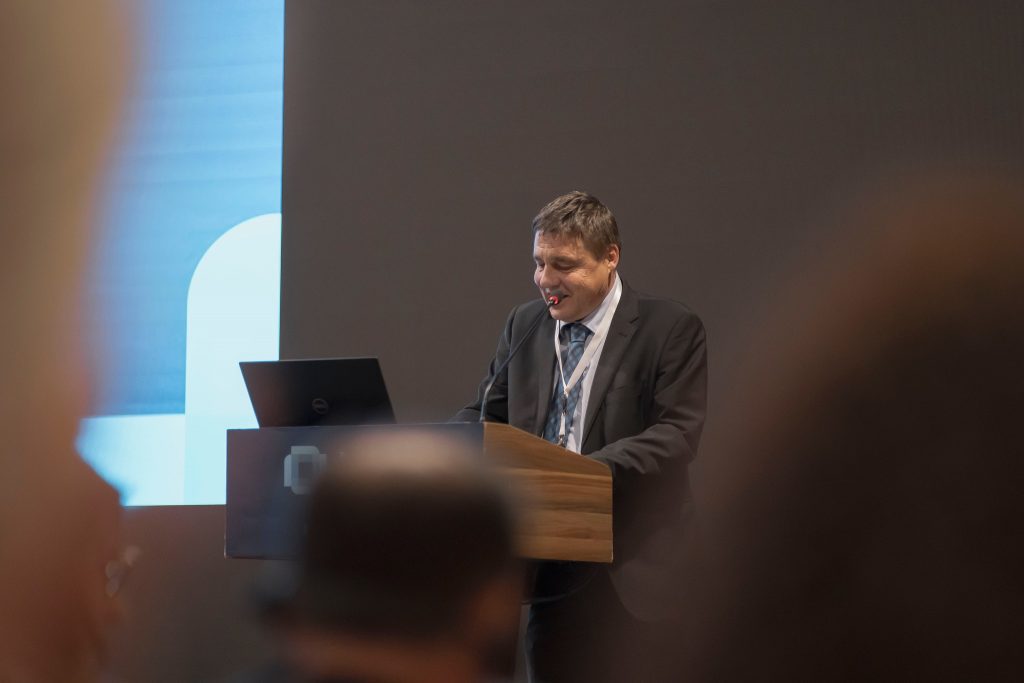
Facilitated by the SDC-funded projects, the Accessible Quality Healthcare (AQH) and Integrated Health Services (IHS) projects, the symposium demonstrated the commitment to a comprehensive approach to addressing NCDs.
To enhance the International Symposium on NCDs, the AQH and IHS projects arranged a set of pre-symposium workshops focusing on specific areas of importance. The first workshop aimed at Health Reporting in the Media, with a focus on empowering journalists to report health topics fairly and accurately. The second workshop centered on Advocating for patient rights through ethical and high-quality care for all. Lastly, the third workshop focused on Health Promoting Hospitals, intending to deepen understanding and foster effective implementation of health promotion initiatives throughout the health system.
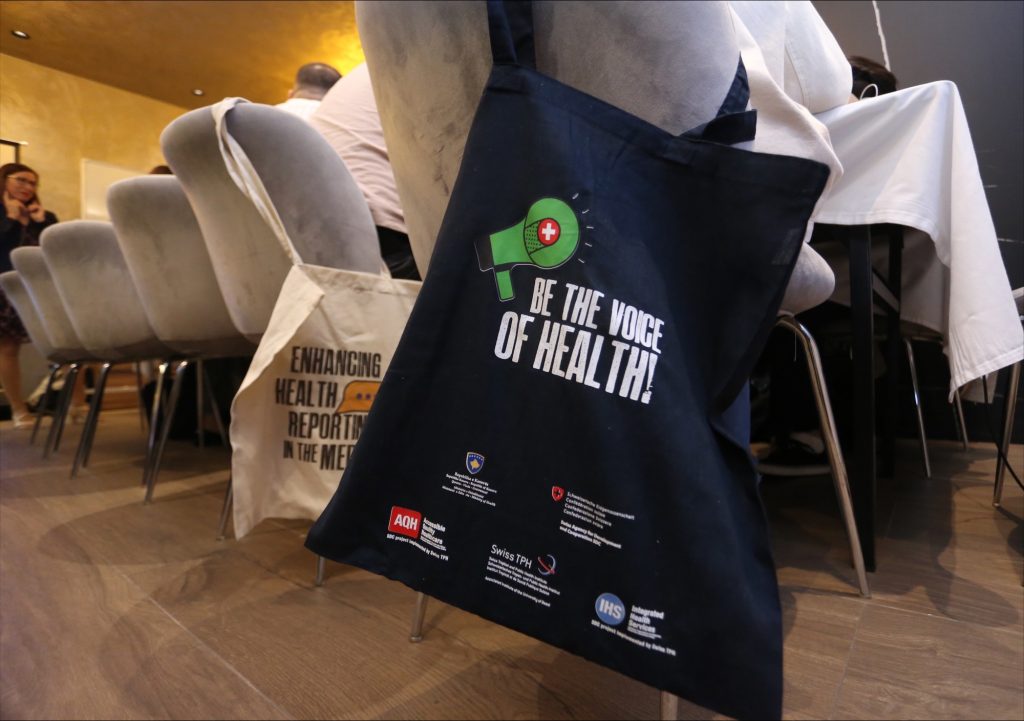
This dynamic workshop series was crafted to offer an interactive platform for in-depth discussions, skill development, and knowledge exchange. The goal was to further enrich the understanding of an innovative approach to tackling NCDs.
The impact of the symposium reached beyond borders, inspiring the National Kosovo NCDs Action Plan. The expected outcome included proposed actions and recommendations for stakeholders at strategic and policy levels, service delivery, and a patient-centered approach.
An important component of the NCD Symposium was the field visit to the municipality of Lipjan, serving as the demonstration site for the AQH project. The activities conducted during this visit showcased ongoing efforts to enhance Primary Healthcare Services, particularly for patients dealing with NCDs. Notably, this visit coincided with World Heart Day, highlighting the crucial role of physical activity in promoting heart health for both prevention and treatment.
The NCD Symposium received support from international organizations such as WHO, UNICEF, LuxDev, World Bank and UNFPA.
The Symposium engaged around 600 onsite and online participants, the symposium targeted health professionals, patient groups, academic institutions, the private sector, NGOs, CSOs, and professionals from regional and European countries. Accredited by the Kosovo Doctors Chamber and Kosovo Chamber of Nurses, the symposium promised to be a driver for positive transformation in the battle against NCDs, making a lasting impact on the health landscape of Kosovo.


